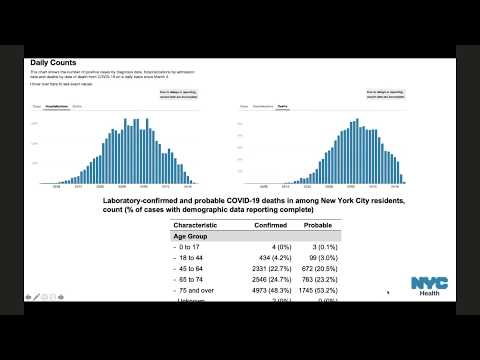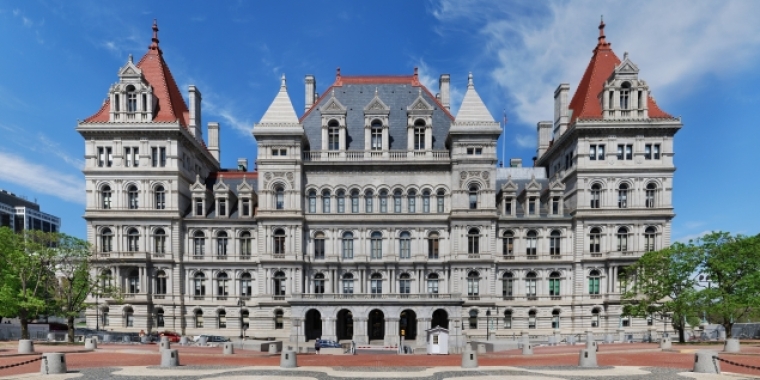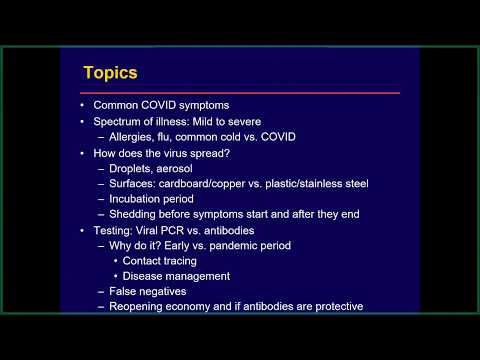
Krueger Introduces Bill Banning Styrofoam Products: Senator Cites Need to Decrease Use of Petroleum-Based Products in Order to Clean Up NY Waste Stream
Liz Krueger
July 9, 2007
Albany—New York State Senator Liz Krueger today announced that she has introduced (S6402), the Food Service Waste Reduction Act. The bill is designed to lead to a statewide phase-out of all polystyrene (Styrofoam) products used in the food service industry.
Polystyrene is a liquid hydrocarbon that is commercially manufactured from petroleum.
"Picture styrofoam, and you picture a product produced from petroleum that takes up to 500 years to fully disintegrate," Krueger said. "The purpose of this bill is to help New York clean up our waste stream and become a more environmentally sustainable state. We have a real problem with needlessly creating too much waste. If we have the ability to create affordable alternatives we should make that leap."
The bill would allow the food service industry one year to find environmentally-friendly alternatives to the styrofoam products currently in use. It applies to restaurants, as well as food-service providers and vendors, such as supermarkets.
Each year Americans throw away 25 billion styrofoam cups, or 1,369 tons of styrofoam products every day. The NYC school system alone throws away 150 million styrofoam meal trays annually.
Styrofoam is a notorious pollutant that is very difficult to recycle due to its light weight and low scrap value. It is generally not accepted in curbside programs, is seldom able to be reused, takes up a considerable amount of space in landfills, and takes a very long time to fully decompose. Due to the physical properties of polystyrene, the United States Environmental Protection Agency (EPA) states that "such materials can have serious impacts on human health, wildlife, and the aquatic environment" because the product breaks down and can clog waterways, or be mistaken for food by wildlife.
One of styrofoam's components, styrene, is a known hazardous substance suspected to be a carcinogen and neurotoxin. Many people do not realize that when they re-heat food in a styrofoam product, toxins are released into their food.
Krueger's Act includes an "affordability" clause, which recognizes that not every styrofoam product currently has an environmentally-friendly alternative, and even in some cases where there is such an alternative, the much higher cost would place undue economic hardship on various businesses. Under her bill the state Department of Environmental Conservation (DEC) will annually adopt a list of suitable, affordable alternative products that are compostable or recyclable; these alternatives must be within 15% of the cost of non-compostable or non-recyclable products currently in use.
Similar bills have already been enacted in the cities of Oakland, San Francisco, Berkeley, Portland, and about 100 other municipalities across the country. New York has the chance to be the first state to enact this legislation.
"Many municipalities have enacted various versions of this law, and some of the nations largest food-service providers have already moved in this direction as well, based not on new laws, but their own free will and conscience," Krueger explained.
"Every year millions of tons of styrofoam is released into the environment. No one is saying we have the perfect answer right now. What we are saying is that we have to make the wisest choice with what we have, and phasing out the use and negative lasting-effects of styrofoam in our environment is a logical step," Krueger concluded.
-30-
Share this Article or Press Release
Newsroom
Go to Newsroom
State Budget Update
April 3, 2020


